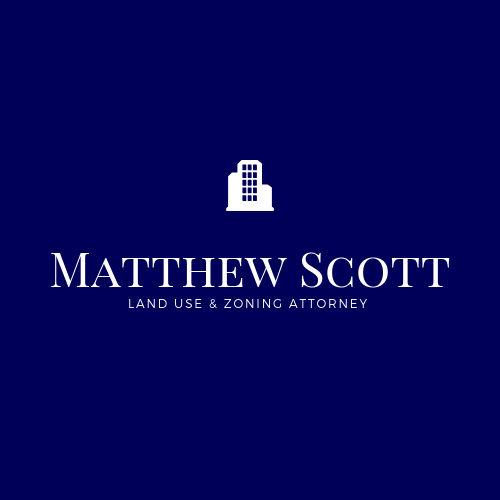Municipal zoning codes hold tremendous power over how cities are formed, as well as how people live and work in them. In the case that a zoning code doesn’t allow for certain details, a developer may ask for relief from certain requirements in the form of a variance. A governing body will grant these changes, often following public hearings.
Reasons for Requesting a Variance
Developers may have difficulty meeting certain zoning laws for financial or practical reasons. Variances are commonly related to architectural details.
One misconception is that a variance is the same as a special exception or conditional use. A special exception or conditional use is specifically authorized in the zone, but will only be allowed if certain requirements are met. A variance is needed when the developer wants to incorporate something that is specifically prohibited in the zone. It will typically only be allowed if it is deemed safe, and if no authorized use can be considered as a possible alternative.
The Approval Process
Even when a request seems like a simple alteration to the existing zoning regulations, there are often many things to consider that the average citizen wouldn’t think of. If the developer isn’t fully prepared when requesting the variance, there’s a higher likelihood of the request being denied.
One recent example of this was a proposal for migrant housing in Lake Placid that was denied by the Planning and Zoning Commission in October 2019 after more than two hours of discussion. The reason? Commissioners wanted more detail on how septic service, transportation, and spatial arrangements would be handled.
Rather than being reviewed on the precedent of a previously approved variance, each application is considered on its own merit. If a permit is denied and the applicant feels it was an unfair decision, they can take the case to the local zoning board of appeals. This board considers both the hardship for the property owner and any negative impact the proposed plan could have on the neighborhood in question. As part of the approval process, input from other members of the community is often considered.
In nearly every case, hardship can’t have been created by the owner. Additionally, the owner’s preference or an economic disadvantage isn’t sufficient on its own to constitute a variance. Developers shouldn’t buy a property with the assumption that a variance will allow them to bypass existing zoning regulations. If a developer or property owner decides to ignore zoning laws, whether purposely or unintentionally, there will be serious consequences.

